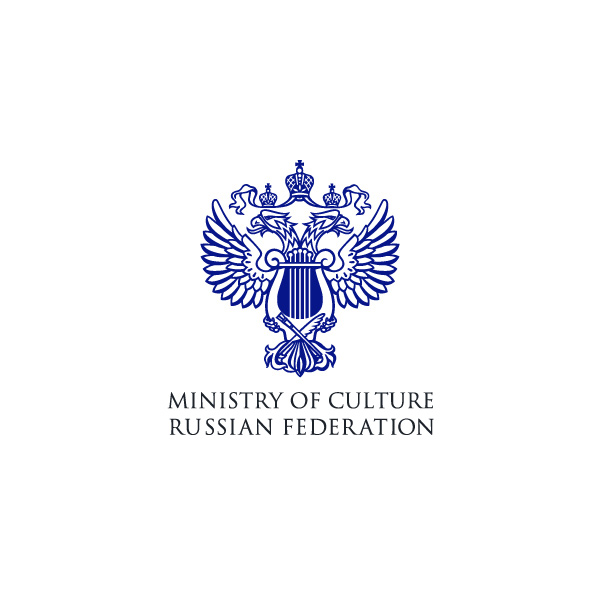August 5th 2013 is the 145th anniversary of the birthday of A.A. Fomin, the founder of the Russian State Art Library.
Alexander Fomin was born on August 5th (July 24th, Old Calendar) 1868 in Vitebsk in the family of postal officer. He graduated from the History and Philology Faculty of the Moscow University, gave classes at Stroganov School for Technical Drawing holding both posts of the Head’s Assistant of Academic Museum and the Head of the Library. Later he supervised the activity of commercial schools in Warsaw, Simferopol, Sestroretsk and other locations.
During his work as a district inspector in Riga Alexander Fomin organized a trip to the Baltic Sea’s Ruhnu Island in 1908 where he collected many items of culture and household of insular Swedes. This collection is considered by the specialists as a unique (exhibited in the Russian Museum of Ethnography and in the Kunstkamera Museum in Saint-Petersburg).
For many years the subject of his scientific research became family archive of Turgenev-Simbirsky. One of the members of this family was close associate to the Decembrists, the ideologist of The Welfare Union Nikolay Ivanovich Turgenev, who was in Paris during the Decembrists Revolt in 1825. Alexander Fomin managed to find Turgenev’s son, sculptor Petr Nikolaevich Turgenev. It took many years of correspondence and personal meetings to convince Turgenev’s son presenting this high-valued archive to the Library of the Russian Academy of Sciences. Today the Paris Archive of Turgenev is a separate collection of the Manuscript Department at the Institute of the Russian Literature (Pushkinsky Dom) of the Russian Academy of Sciences.
After the Revolution Alexander Fomin became a Professor at the Moscow and Kostroma Universities. In 1920 he became a lecturer at Higher Artistic Workshops of the Moscow Maly Theatre where he organized in 1922 a scientific theatre library that is known today as The Russian Stare Art Library (RSAL). Fomin was not only the founder of the Library but its first director.
In 1921 Alexander Fomin headed the Household History Department at the State Historical Museum. In 1925 he was sent on an official trip to Sudak where due to his efforts the Genoa Fortress territory was taken under protection by the State and in 1926 archeological excavations began together with examination of this unique archeological, historical and cultural object.
Alexander Fomin passed away on December 11th of 1929, leaving a great heritage presented by the Library, his rich collections, published and unpublished works. He is buried at Vvedenskoe Cemetery in Moscow, his grave site was settled by the RSAL specialists in 2012.
The Fomin Family has gifted Russia with 19 artists and architects in 150 years period!


